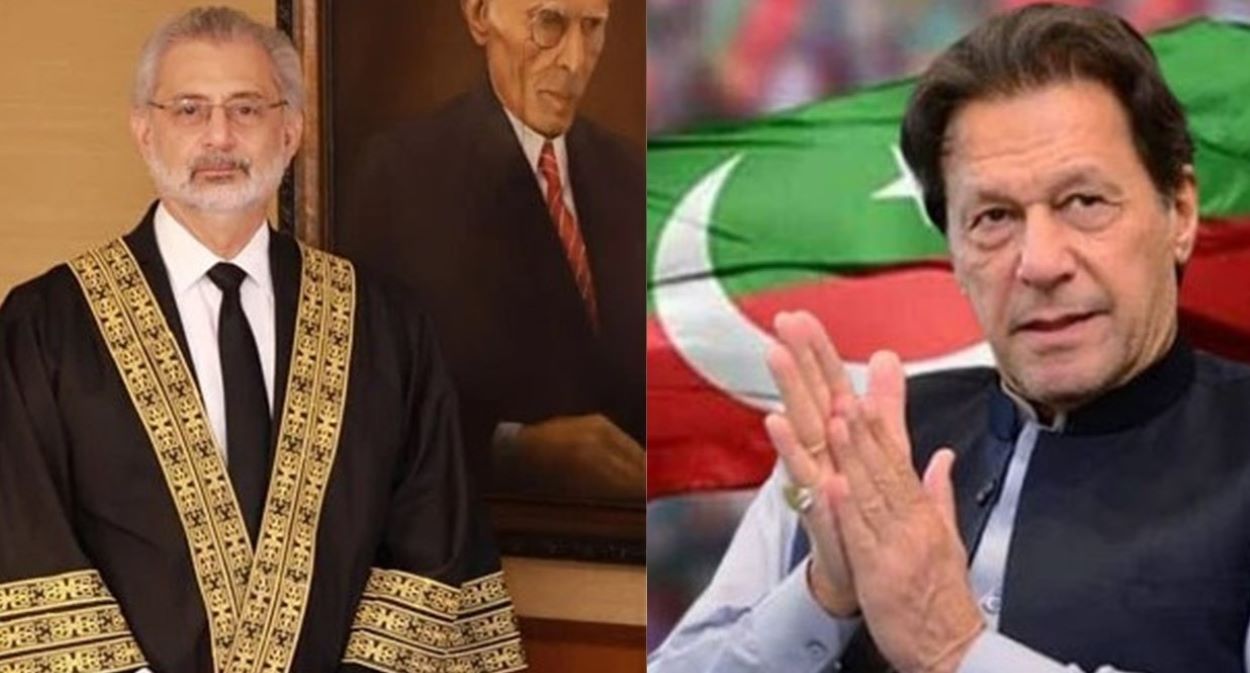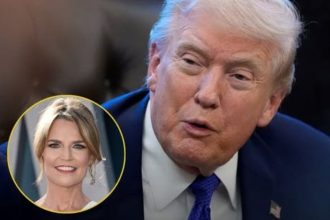The Pakistan Tehreek-e-Insaf (PTI) has withdrawn its petition that sought contempt proceedings against the Election Commission of Pakistan (ECP) on the “Level Playing Field” for the upcoming general election.
The petition, filed on December 26 last year, accused the ECP of failing to ensure a level playing field in the lead-up to the upcoming elections. The Supreme Court subsequently disposed of the plea following PTI’s decision to withdraw it.
During today’s hearing, PTI’s lawyer, Latif Khosa, communicated to Chief Justice of Pakistan (CJP) Qazi Faez Isa that the party would seek recourse in the people’s court, indicating a change in their legal strategy. “We do not want to fight this case in your court. Thank you very much,” Khosa stated.
PTI’s shift in strategy follows the Supreme Court’s January 13 verdict, which Khosa claimed adversely impacted PTI by depriving it of its ‘bat’ symbol and ability to contest over 230 seats.
CJP Isa inquired about PTI’s intention to continue the case, to which Khosa responded with a confirmation of the plea’s withdrawal. He expressed the party’s disillusionment, saying, “We came to your court to get a level playing field. The verdict…shattered the PTI.”
Concerns Over Election Symbol and Alleged Harassment of PTI-N Leader
Khosa argued that while the ECP has the authority to withdraw an election symbol, the consequences of such actions seemed to extend beyond this, implying a ban from parliament for one of the parties. He raised concerns about PTI candidates contesting as independents, potentially causing confusion among voters.
Furthermore, Khosa revealed that the PTI Nazriyati (PTI-N) leader, with whom PTI agreed, was allegedly coerced into holding a press conference. CJP Isa remarked on this, stating that if PTI did not accept the court’s verdict, there was little the court could do. He also noted the ECP’s repeated directives for PTI to conduct intra-party polls, which had not been complied with.
The Original Plea: Seeking a Level-Playing Field
Initially, PTI’s plea lamented the ECP’s non-compliance with the Supreme Court’s directives to create a level playing field. This referred to the December 22 ruling responding to PTI’s complaint about being denied equal political opportunities. The Supreme Court had directed the ECP to meet with PTI representatives and address their concerns.
PTI contended that despite the apex court’s ruling, their candidates faced continued harassment and arrests, contravening their orders. They sought action against those responsible and urged the court to ensure their right to conduct rallies and political gatherings in the run-up to the elections scheduled for February 8.






